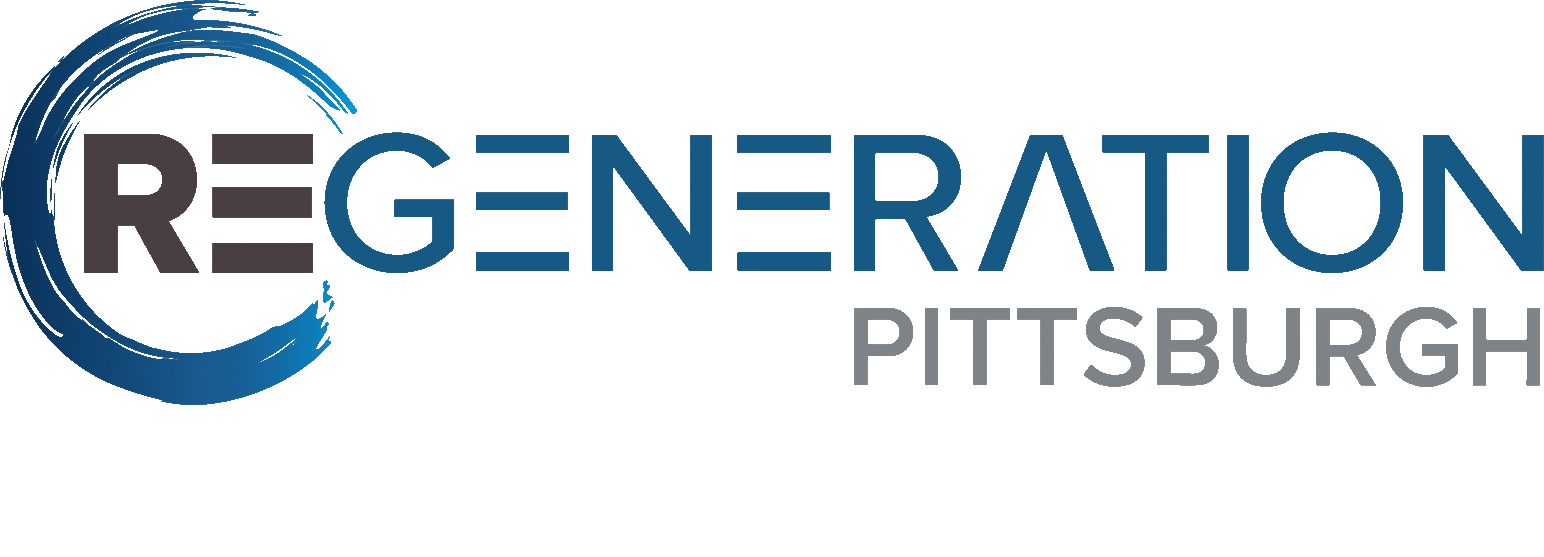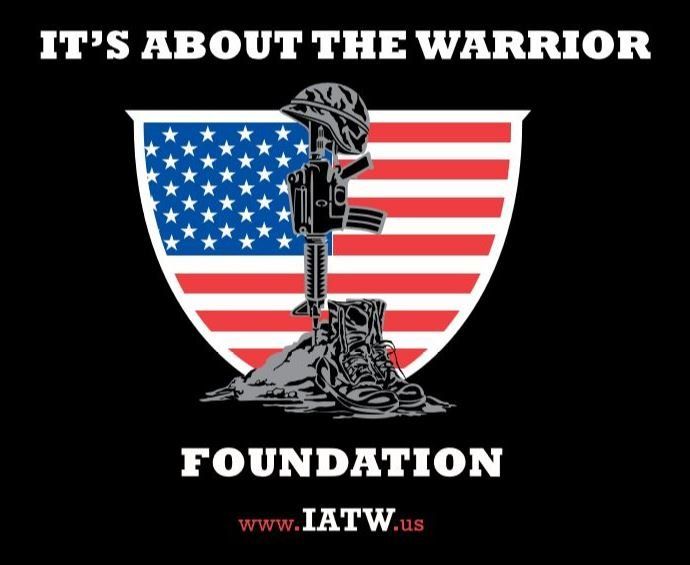CONCUSSION
With more than 3.8 million reported annually, sports related concussions are a serious medical issue that requires prompt clinical attention by a healthcare professional trained in concussions. The good news is that the vast majority of individuals will heal and return to baseline levels of neurocognitive function with properly directed physical and cognitive rest.
As research continues to demonstrate the potential long-term impact of concussion in sports, the importance of objective assessment in the management of concussion has become vital. Fortunately, our knowledge about concussions has grown tremendously, which is why we believe we have developed the most effective plan to revolutionize the way sports related concussions are treated.
No two concussion cases are alike, which is why every treatment protocol should be 100% customized to the athlete, based on their individual needs. Through a multidisciplinary approach, we devise individually customized treatment plans to properly access, manage, and rehabilitate concussions to avoid the immediate and long-term consequences from head trauma during sports.
A multi-faceted approach
- The hallmark of initial management is avoidance of excess physical and cognitive stimulus to promote recovery by minimizing brain energy demands.
- New research shows that initial rest is needed but prolonged rest might not be the best solution. An early return to a low threshold of activity within a day or two of injury has the best results. Knowing when and how much activity should be tailored to the individual.
- Although definitive evidence to support the use of supplements for concussion management is lacking; numerous animal-based studies and human trials are showing great potential in correcting the neuromolecular cascade altered in the brain after a concussion. Omega-3 fatty acids, magnesium, curcumin, resveratrol, melatonin, creatine, CBD (cannabadiol) have all shown promise in preventing or diminishing the effects of concussion.
- Early treatment with chiropractic care, vestibular/balance therapy, vision therapy can greatly diminish symptom length and an earlier return to normal activity and sport and should be used when the proper symptoms are identified.
- Once an athlete is symptom free, he or she may undergo a structured return-to-play exertional program supervised by a certified trainer or healthcare professional. Regeneration Pittsburgh’s exertional program consists of a 6 stage protocol, starting from complete physical rest and ending with a full return to contact play. This structured program is required of all athletes prior to full clearance in order to ensure that the return to play criteria is met.


